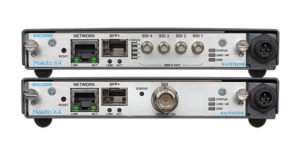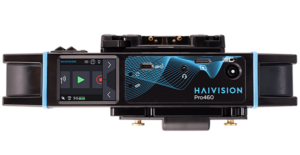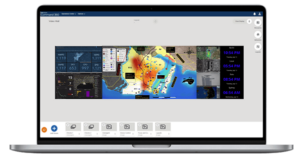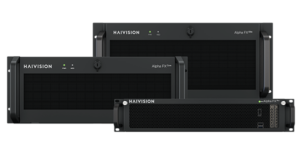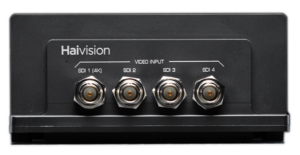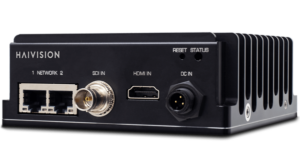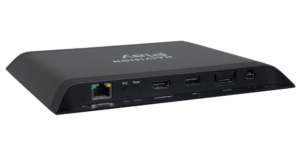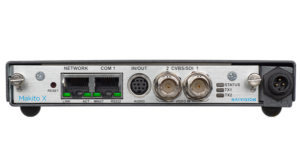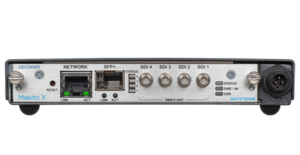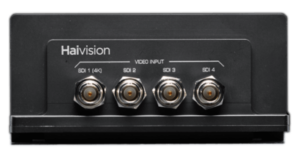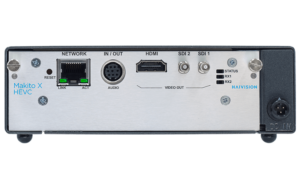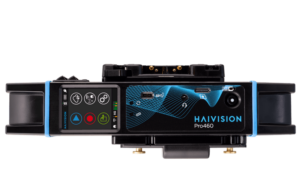UDP-Based Protocol (UDT)
UDP-Based Protocol (UDT) is a high-performance data transfer protocol. It is designed specifically for the high-volume transfer of large datasets over high-speed wide area networks (WAN). The UDP-Based Protocol is a much more efficient alternative to the TCP protocol, and can transfer data at a much higher speed.
It is an application built on top of User Datagram Protocol (UDP), and is a connection-oriented, duplex protocol that can support reliable data streaming and partial reliable messaging.
UDT is the major technology behind most commercial WAN acceleration products, and can support global data transfers or terabyte-sized datasets. It also offers a highly configurable framework that can accommodate a variety of algorithms that control network congestion and increase reliability of delivery.
The project to develop UDT began in 2001. At this time optical networks were less expensive and increasing in popularity. This development led to a wider awareness of TCP efficiency problems over high-speed wide area networks. The initial version of UDT was developed to support bulk data transfer of scientific data over private networks.
…

